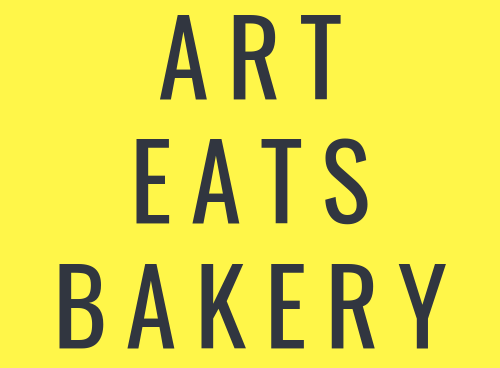The music industry is a multi-billion dollar business, and the independent music scene is a tiny fraction of that. So, why do independent musicians continue to make music? The answer is simple: they love it. Keep reading to find out more about the music industry vs. independent music.
What You Need to Know

The music industry is typically composed of major record labels, while independent music is made up of artists who operate outside of these labels. There are a number of key distinctions between the two types of music. First, the music industry is focused on making money, while independent music is more about creative expression. Major record labels are interested in signing commercially successful artists, while indie artists are often more concerned with developing their own sound and style. The music industry also relies heavily on marketing and promotion, whereas indie artists typically rely on word-of-mouth to spread their music.
Another key difference is that the major labels have more control over the distribution of their artists’ music. Indie artists usually have to distribute their own records and manage their own publicity. This can be difficult for smaller artists who don’t have the resources or contacts that the big labels do. Finally, indie musicians typically earn less money than those in the mainstream industry. This is largely due to the fact that they don’t have as much control over how their music is distributed and promoted. However, there are some benefits to being an indie artist, such as greater creative freedom and a stronger connection with fans.
Navigating the Music Industry
The music industry is a tough place to be an independent artist. They’re shark-infested waters with big labels preying on smaller ones, and it can be difficult for independents to get their music heard. However, there are ways to navigate these waters and make it in the music industry as an independent artist. One way to break into the industry is to build a fanbase independently. This can be done by releasing your music online for free or through streaming services, and by playing live shows as often as possible. Touring and playing live shows is one of the best ways to connect with fans and grow your fanbase. You can also use social media platforms like Facebook, Twitter, and Instagram to connect with fans and promote your music.
Another way to break into the music industry is by partnering with a label that believes in your music. There are a number of small independent labels that are looking for new artists, so it’s worth reaching out to them if you have demo recordings or finished songs. A good way to find these labels is by searching online or attending music festivals where they will likely have a booth set up. It’s also important to have a great team behind you when trying to break into the music industry. This includes a manager, booking agent, publicist, and lawyer. These professionals can help manage your career and help you get your foot in the door of the music industry. Finally, don’t give up if you don’t achieve success right away. It takes time and hard work to make it in the music industry as an independent artist, but it’s definitely possible if you put your mind to it.
Succeeding as an Independent Artist

Artists can use tools like Bandcamp, Spotify, or Apple Music to make their music available online, and they can team up with other artists or use social media platforms to create grassroots marketing campaigns. Creating great artistry and building a supportive community are essential for independents looking to make it in the music industry. James McRoberts is one example of an artist who built a niche fanbase. He created gospel music and impacted the Scottish gospel community throughout the years.
The music industry is important because it is responsible for the distribution and promotion of music. However, independent music is also important because it allows artists to have more control over their music and allows them to be more creative.

